Abzas Media verdict: 59.5 years in jail for speaking the truth
Abzas Media journalists verdict
Today in Baku, the trial of seven Abzas Media journalists concluded with prison sentences ranging from 7 years and 6 months to 9 years on charges of “smuggling.” While Azerbaijani authorities insist the case concerns financial crime, international human rights groups see it as politically motivated.
Founded in 2016, Abzas Media is an independent outlet known for its anti-corruption investigations. Since November 2023, several of its journalists have been arrested under government pressure. Among them are Ulvi Hasanli, Sevinc Vagifgizi, Mahammad Kekalov, Nargiz Absalamova, Elnara Gasimova, Hafiz Babali, and Farid Mehralizade of Radio Free Europe/Radio Liberty.
They face accusations of currency smuggling and tax offences, with prosecutors demanding 11 to 12 years for each. Human Rights Watch, Amnesty International, and Reporters Without Borders have condemned the arrests as politically driven. The European Parliament, citing broader human rights violations in Azerbaijan, has expressed solidarity with Abzas Media.
The arrests are widely seen as a major threat to press freedom in the country.
Who are the journalists behind bars?
Ulvi Hasanli
- Date of birth: 10 August 1987, Ganja
- Position: Director of Abzas Media
- Date of arrest: 20 November 2023
- Prosecution’s request: 12 years in prison
- Final sentence: 9 years in prison
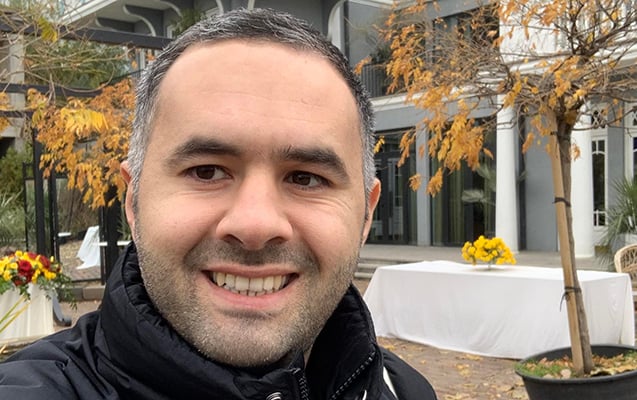
For years, Ulvi Hasanli was known as a politically active figure in various youth movements. In 2016, he founded Abzas Media and began working with colleagues on investigative reports exposing corruption.
Reports suggest he was subjected to police violence during his arrest.
Earlier in life, he faced persecution for his involvement in the student movement. Over time, he transformed his activism into journalism — and Abzas Media was born. Under his leadership, the outlet became a prominent platform reporting on corruption, rigged tenders, and the misuse of funds allocated for Karabakh’s reconstruction.
In November 2023, Ulvi was detained on his way from home to the airport. He was taken to a police station, the media office was searched, and a case was fabricated based on the alleged discovery of €40,000.
Sevinj Vagifgizi
- Date of birth: 5 July 1989, Fuzuli
- Position: Editor-in-chief of Abzas Media
- Date of arrest: 21 November 2023
- Prosecution’s request: 11 years in prison
- Final sentence: 9 years in prison

For more than 15 years, Sevinj Vagifgizi has worked in critical journalism and has repeatedly faced pressure and harassment.
She was just four years old when Fuzuli was occupied in 1993. Forced into becoming a refugee, she later became a journalist.
Sevinc has been detained several times: in 2015 upon returning from Kyiv, in 2020 outside the Central Election Commission, and again in 2023 at the airport. But she never stayed silent.
As editor-in-chief of Abzas Media, Sevinj has been a vocal critic of the so-called “media registry” and has long defended the voice of pluralism. Now, that voice is being locked behind bars for nine years. Amnesty International and Reporters Without Borders have stated that her arrest is not merely a rights violation — it is an act of punishment.
Hafiz Babali
- Date of birth: 9 September 1971, Ismayilli
- Position: Investigative journalist, Deputy Chair of the Institute for Reporters’ Freedom and Safety (IRFS/RATİ)
- Date of arrest: 13 December 2023
- Prosecution’s request: 12 years in prison
- Final sentence: 9 years in prison

He specialised in investigating corruption, tax policy, and issues of economic transparency.
International organisations have described the charges against him, which led to his arrest, as an act of political retaliation.
A journalist with 32 years of experience, he serves as Deputy Chair of the Institute for Reporters’ Freedom and Safety (RATİ) and is a leading economic correspondent at the Turan news agency. His reports gave voice to the millions, shedding light on public debt and oil revenues. Independent human rights advocates argue that this is precisely what the authorities feared most — that the numbers would start to speak.
- Director and editor-in-chief of a popular online publication arrested in Azerbaijan
- Azerbaijan in 2023: A look back
- 149th year of national press in Azerbaijan marked by record number of arrested journalists
Farid Mehralizade
- Date of birth: 22 November 1994, Baku
- Position: Economy expert
- Date of arrest: 30 May 2024
- Prosecution’s request: 11 years in prison
- Final sentence: 9 years in prison
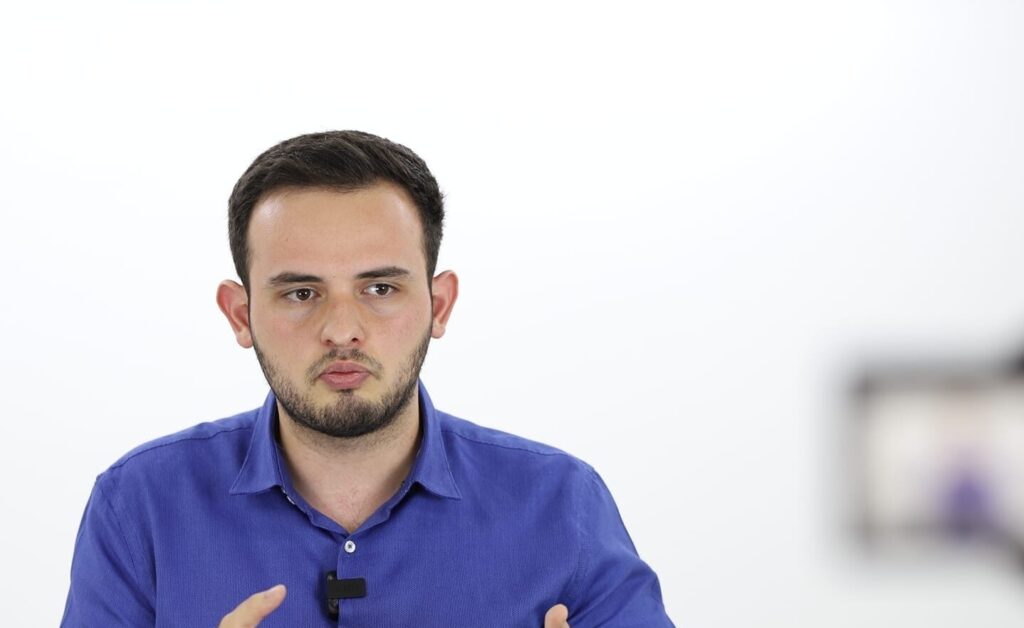
He is known for his independent economic research and, in his last interview with Abzas Media, openly criticised the government’s policy on minimum wage.
Reports indicate that he was subjected to police violence during his arrest. The U.S. State
Department has called for his release.
A young economist and participant in the U.S. State Department’s International Visitor Leadership Program (IVLP), he frequently shared critical analysis on platforms such as Meydan TV, the Baku Research Institute, and Əkinçi. He spoke out on issues ranging from the minimum wage and Dutch disease to the risks of non-renewable energy — until he was suddenly silenced.
On 30 May 2024, he was abducted outside his home. A bag was placed over his head, he was beaten, and his property was confiscated. Authorities later claimed “smuggling” as the charge. Although Abzas Media officially stated he was not part of their staff, he was sentenced to nine years all the same.
Elnara Gasimova
- Date of birth: 5 February 1996, Baku
- Position: reporter
- Date of arrest: 13 January 2024
- Prosecution’s request: 11 years in prison
- Final sentence: 8 years in prison
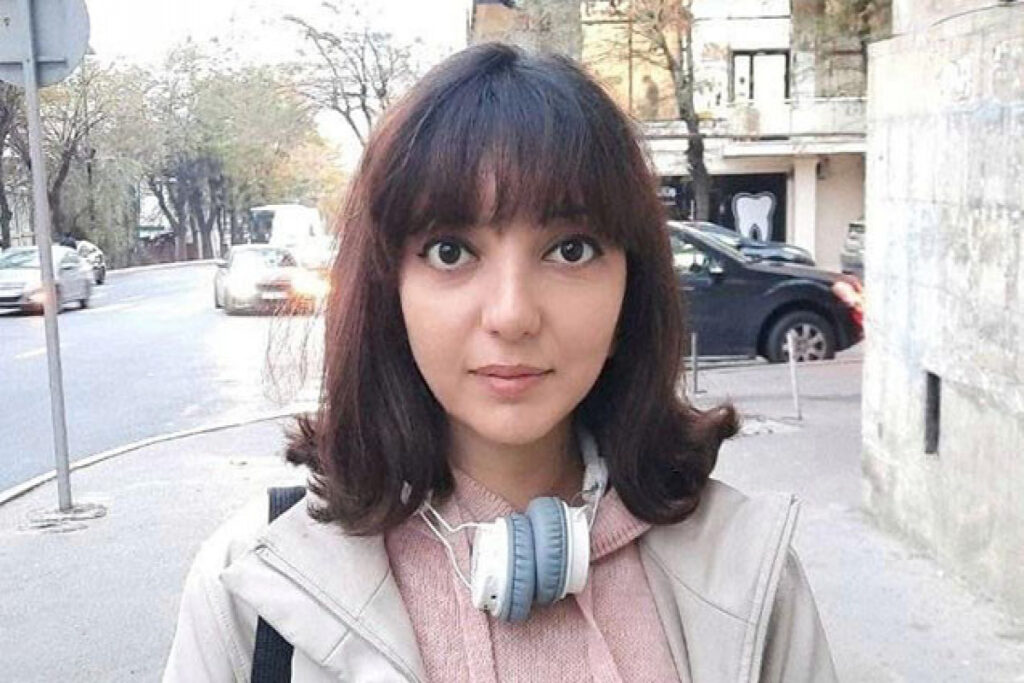
She is known for her reporting on feminist protests and social issues and has repeatedly been subjected to police violence.
Since 2023, she had been producing video content for Abzas Media.
Since 2018, she collaborated with Mikroskop, BBC, VOA, Meydan TV, and eventually Abzas — always behind the camera, never in the spotlight. In 2021, she was beaten at the Khazar District Police Department for filming a feminist protest. In January 2024, she was summoned to Abzas Media as a “witness” — and immediately detained.
She was sentenced to 8 years in prison. In court, she said: “Despite all these prison terms, Abzas did not fall silent. But now, the goal is to destroy us.”
Nargiz Absalamova
- Date of birth: 17 July 1998, Baku
- Position: Reporter
- Date of arrest: 30 November 2023
- Prosecution’s request: 11 years in prison
- Final sentence: 8 years in prison
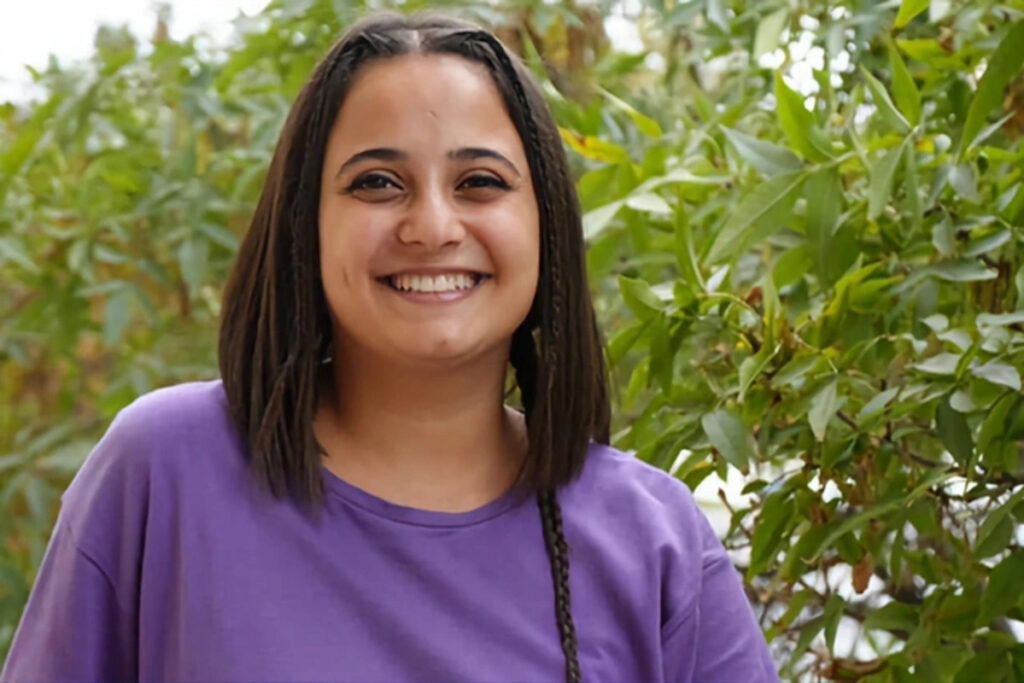
She was subjected to severe police violence, detained during protests in Gadabay and Baku, and became known for her reporting on climate issues, corruption, and social rights.
At just 25 years old, this reporter had already worked with Mikroskop, Toplum TV, and Abzas Media.
Since 2021, she had been repeatedly detained and beaten; her filming was often disrupted. She gave voice to women, displaced communities, and environmental protection.
Now, that voice will remain behind prison walls for eight years. There was no evidence to support the charges against her. But fear was evident — and it is that fear which fuels the aggression against free speech.
Mahammad Kekalov
- Position: project coordinator
- Date of arrest: 20 November 2023
- Prosecution’s request: 11 years in prison
- Final sentence: 7 years and 6 months in prison
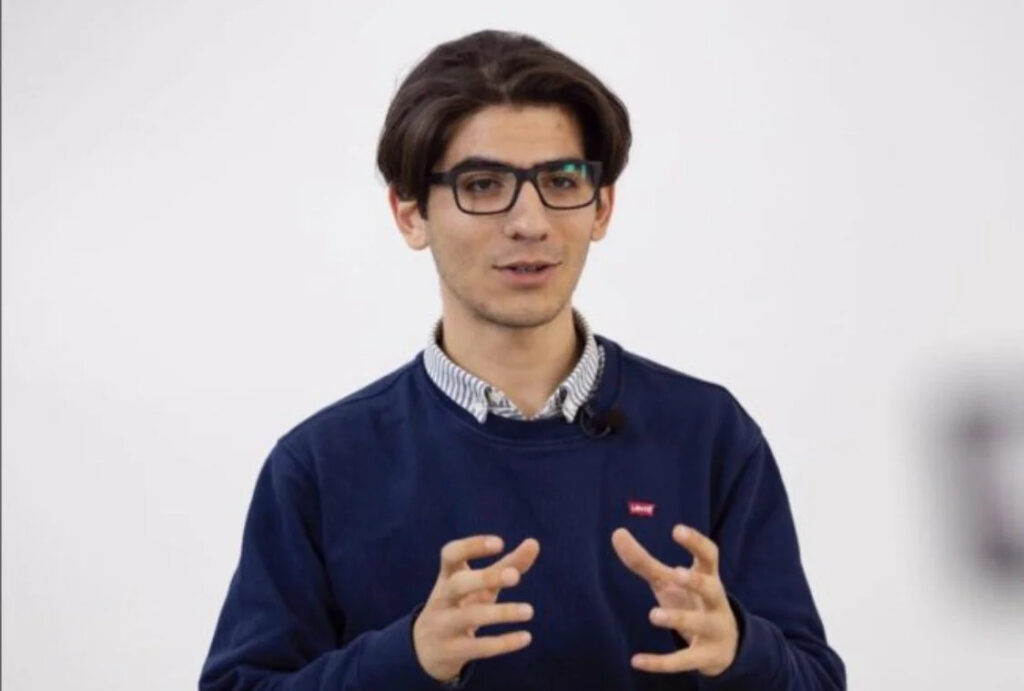
Disability rights, self-sufficiency initiatives, social policy and its neglected dimensions…
These were the issues Mahammad Kekalov brought to light — and that made him a “threat.”
He was sentenced to 7 years and 6 months in prison for speaking on behalf of those who are usually unheard.
International reaction
- CPJ: “These charges are retribution for the journalists’ investigative work.”
- RSF: “Political pressure on the media in Azerbaijan has entered a new phase aimed at silencing them.”
- Amnesty International: “A thorough investigation must be conducted into reports of physical abuse against the arrested journalists.”
- HRW: “The government is using the criminal code as a tool to crush dissent.”
- U.S. State Department: “Azerbaijan must respect human rights.”
This verdict is not just against one newsroom — it targets anyone who asks questions, who stands behind the camera, who is tortured for their reporting, and who dares to ask “why?”.
The Abzas Media case will remain a bitter reminder in Azerbaijan’s history of how the press was punished – but not silenced.


















